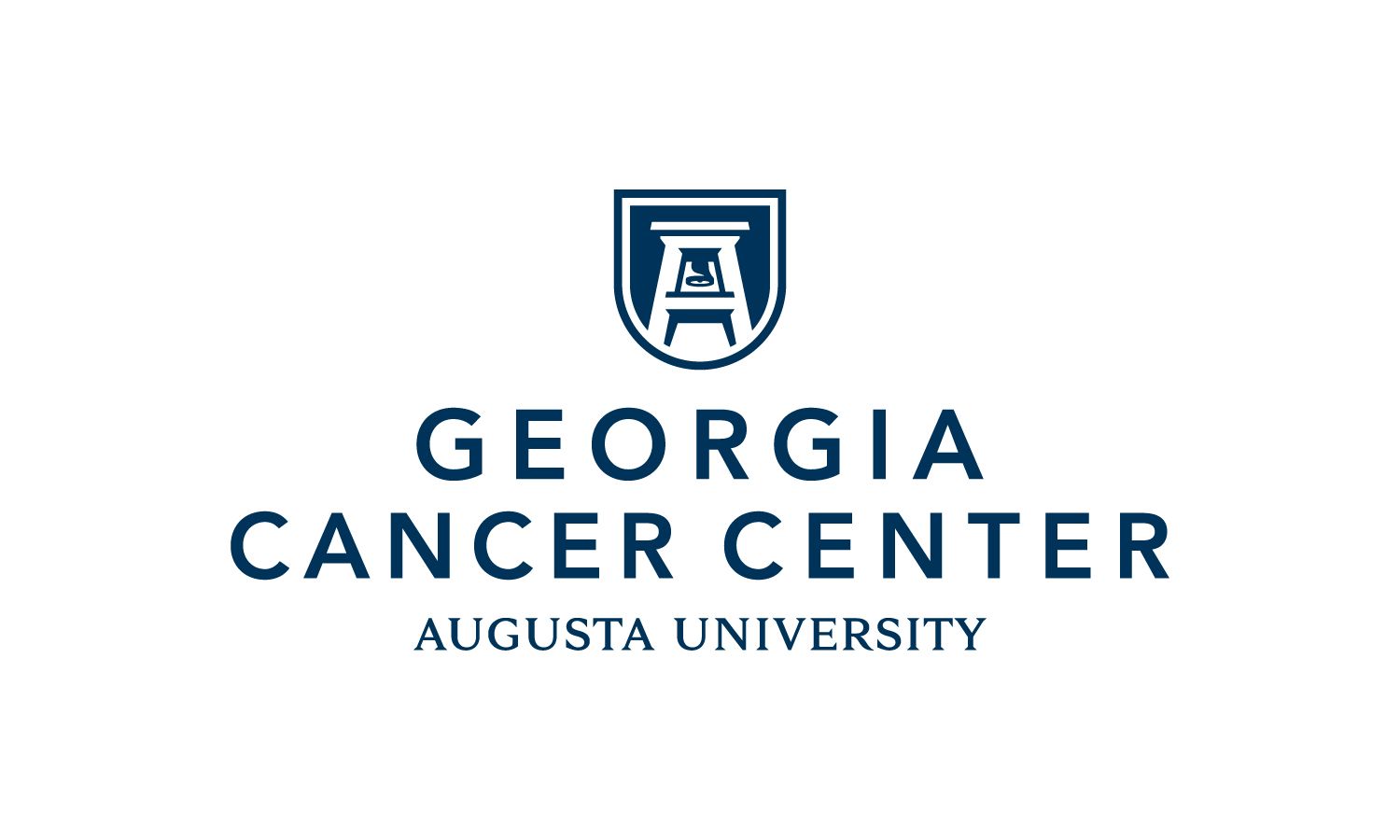
Dr Miranda-Galvis on the Investigation of Social Determinants of Health in Hematologic Malignancies

Marisol Miranda-Galvis, DDS, MS, PhD, discusses the investigation of disparities in survival outcomes of patients with hematologic malignancies relating to social determinants.
Marisol Miranda-Galvis, DDS, MS, PhD, researcher, Augusta University, research project manager, Georgia Cancer Center, discusses the investigation of disparities in survival outcomes of patients with hematologic malignancies relating to social determinants.
Miranda-Galvis shares that upon identifying 41 clinical studies that were conducted in the United States within this treatment arena, investigators performed an analysis in accordance with the domains of the social determinants that those studies evaluated. Investigators classified survival in relation to treatment-related outcomes, she explains, adding that they then defined the impact of each of these social determinants on survival outcomes of patients.
Miranda-Galvis says that quality of life, access to healthcare and health insurance, and economic instability, were among the most studied aspects. Findings showed that patients who had public insurance or government insurance, such as Medicaid or Medicare, were associated with worse survival outcomes compared with patients who have access to private or military insurance, Miranda-Galvis expands.
Furthermore, patients who were treated for their hematologic malignancy at a nonacademic research institution were found to have higher mortality risk when compared with patients that were treated at an academic institution, Miranda-Galvis continues. She also explains that when looking at the economic stability and education level, it was deduced that patients with lower income and less education were associated with worse survival outcomes than those with a higher economic status or more educated counterparts, Miranda-Galvis concludes.



































